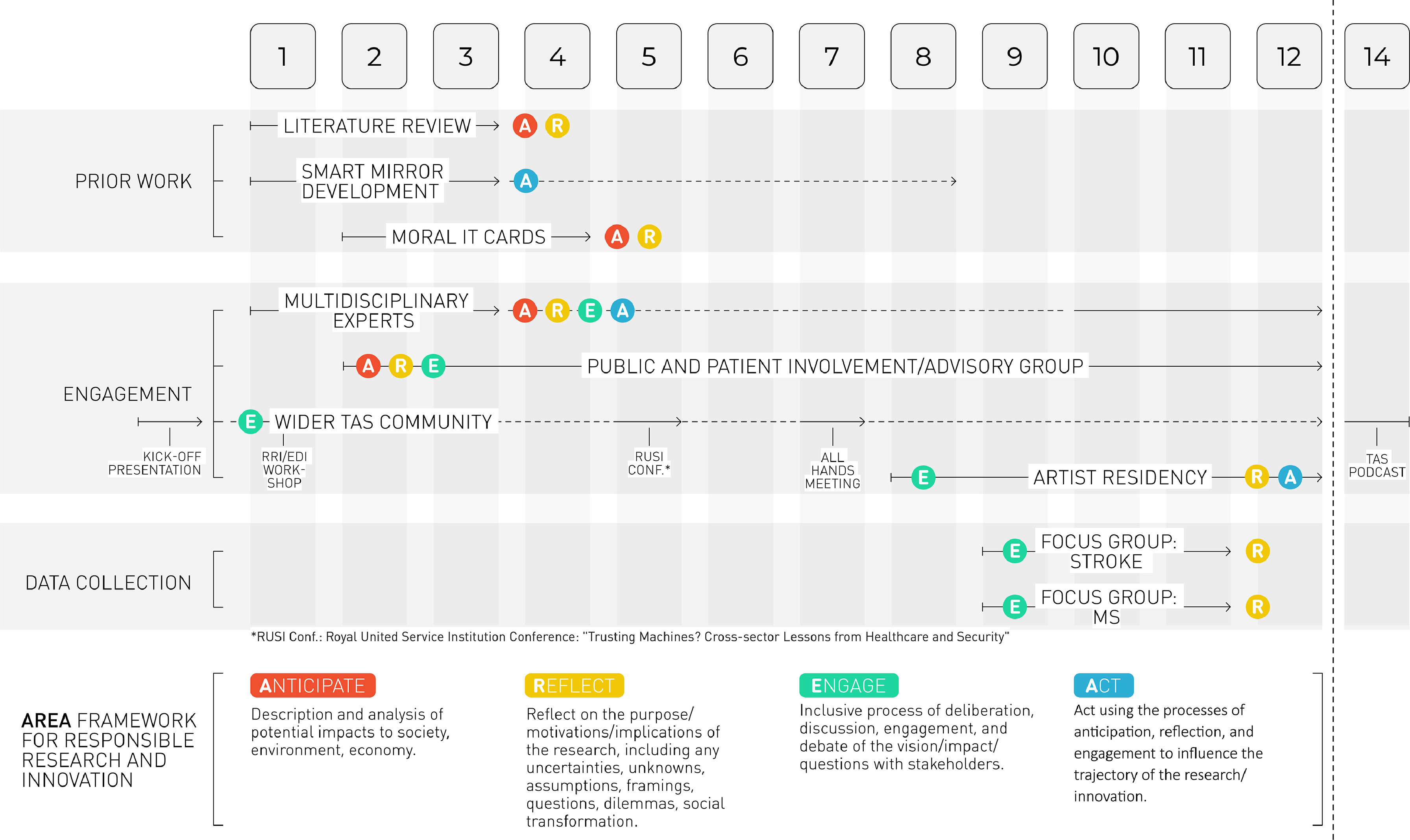Elsevier,
The Lancet Global Health, Volume 10, October 2022
This Article supports SDG 3 and 7 by estimating the prevalence of solid-fuel use with high spatial resolution to explore subnational inequalities, assess local progress, and assess the effects on health in LMICs without universal access to clean fuels.
Elsevier,
Journal of Responsible Technology,
Volume 12,
2022,
100049
Drawing on their project investigating multiple aspects of Trustworthy Autonomous Systems (TAS), the authors present their 'TAS for Health at Home' findings, exploring how assistive technology could and should be designed to support healthcare at home using principles of Responsible Research and Innovation (RRI).
Elsevier,
Redox biology, Volume 56, 1 October 2022
Deficits in mitochondrial function and redox deregulation have been attributed to Huntington's disease (HD). However, whether these changes occur in early stages of the disease and can be detected in vivo is still unclear. In this article, the authors analysed changes in mitochondrial function and production of reactive oxygen species (ROS) at early stages and with disease progression.
Elsevier, Cell Genomics, Volume 2, 14 September 2022
Most disease-gene association methods do not account for gene-gene interactions, even though these play a crucial role in complex, polygenic diseases like Alzheimer's disease (AD). To discover new genes whose interactions may contribute to pathology, we introduce GeneEMBED. This approach compares the functional perturbations induced in gene interaction network neighborhoods by coding variants from disease versus healthy subjects. In two independent AD cohorts of 5,169 exomes and 969 genomes, GeneEMBED identified novel candidates.
Elsevier,
The Lancet Oncology, Volume 23, September 2022
This Article supports SDG 3 by estimating the impacts of the centralisation of specialist cancer services, focusing on travel time, equity of access, outcomes, and hospital workload. Using rectal cancer surgery centres as an example the authors found increases in travel times but reductions in readmission rates.
Elsevier, The Lancet Public Health, Volume 7, September 2022
This Article supports SDGs 5, 8, and 10 by investigating the prevalence of workplace sexual harassment and violence by demographic factors and work sectors among Icelandic women, providing nuanced targets for prevention and for public policies aimed at promoting women’s safety in the work environment.
Elsevier,
Current Developments in Nutrition, Volume 6, Issue 10, October 2022, nzac145
This study assesed how participation in an NSA (Nutrition-Sensitive Agriculture) intervention affected mothers' time allocation to child care. The observation of women-child pairs participating in the intervention and control arms of the NL (Nutrition Links) project did not reveal any differentials in the mothers’ time for care. In summary, this study found that participating in an NSA intervention was not associated with mothers' time for child care or any care received by the child. However, the odds of care provided by another person was associated with being part of the NL-I (Nutrition Links Intervention) group.

![Overview of brain [64Cu]-ATSM retention and mitochondrial abnormalities in cells from Huntington's disease carriers, at premanifest and manifest disease stages, and in presymptomatic YAC128 mice. Overview of brain [64Cu]-ATSM retention and mitochondrial abnormalities in cells from Huntington's disease carriers, at premanifest and manifest disease stages, and in presymptomatic YAC128 mice.](https://sdgresources.relx.com/sites/default/files/mitochondrial_and_redox_modifications.jpg)
